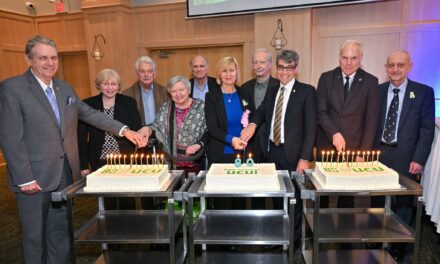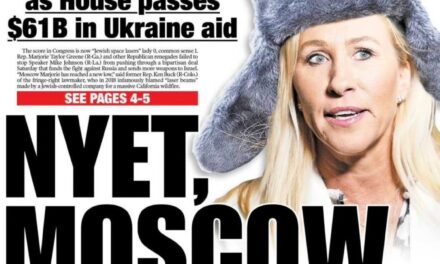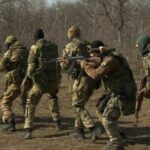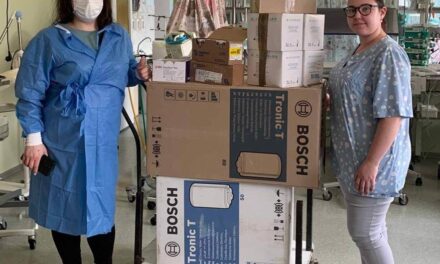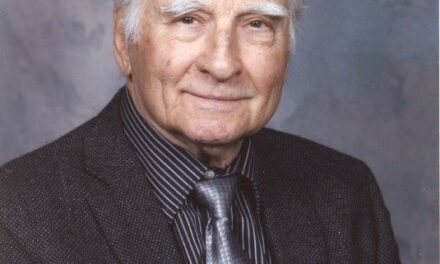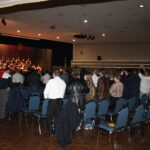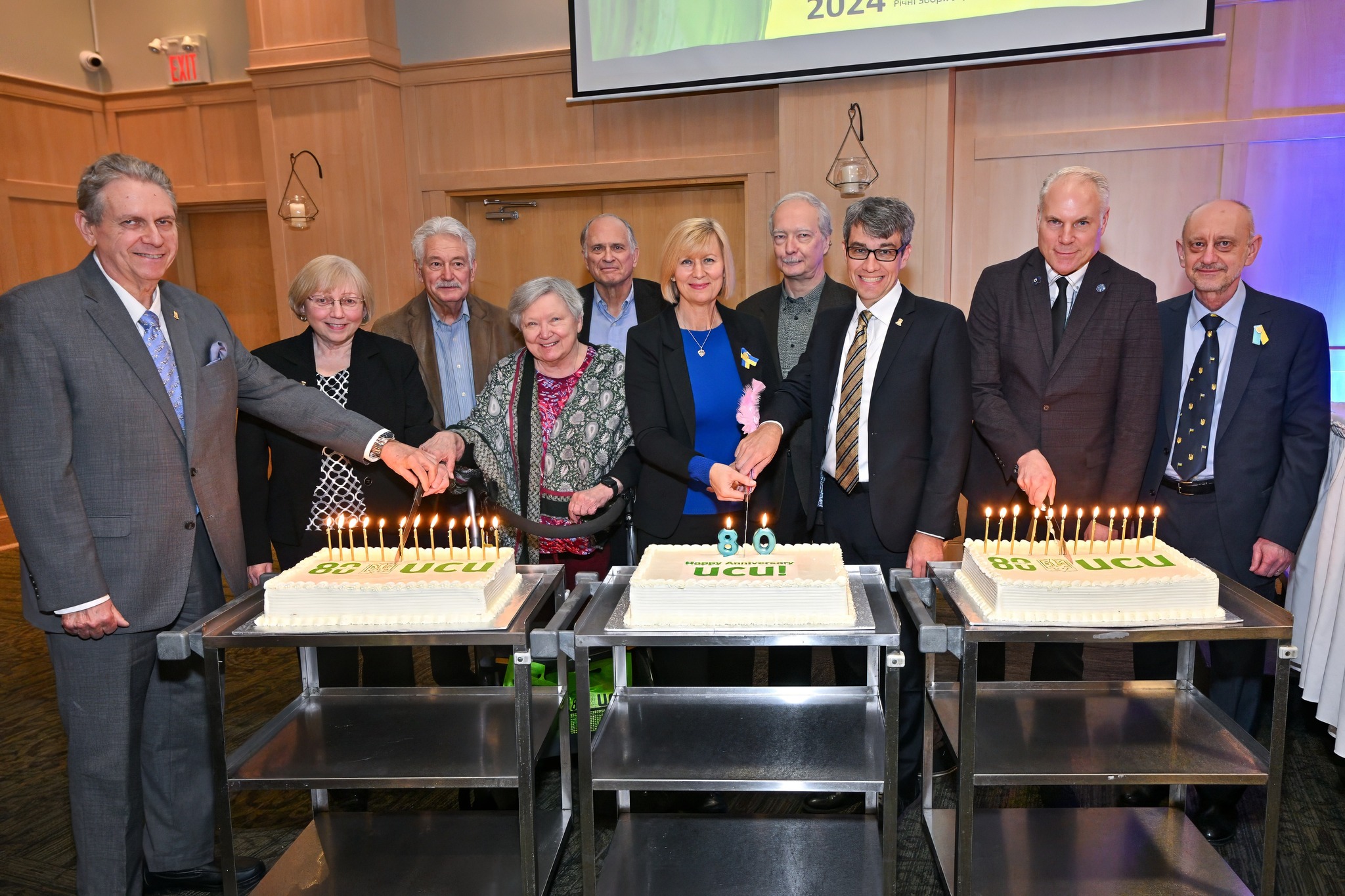I have spent most of the past month in Tulsa, Oklahoma visiting with my daughter, son-in-law, and grandson. My wife and I have been doing this several times a year for quite a few years now, and as a result have gotten to know Tulsa fairly well.
When we first came, I did some research to find out what the Ukrainian community in that state and city was like and found that there were very few Ukrainians there at all. The Ukrainian population in the entire state of Oklahoma amounted to less than two thousand according to the last census. I could find no statistics for Tulsa itself and concluded that Tulsa might have at most a hundred or so Ukrainians living there. Further research told me that in the whole state there was only one Ukrainian church. My daughter who has lived there for four years told me when we first came that she had seen no sign of any organized Ukrainian community life.
All this is a prelude to the fact that I have been more than a little surprised at what I have seen over the past year from Oklahomans in response to Russia’s unconscionable invasion of Ukraine some fourteen months ago. Two years ago, I would have likely been correct in thinking that most Oklahomans knew very little about Ukraine and Ukrainians. That certainly is not the case now. Reporting on the war has been extensive in the west and this has brought Ukraine into the spotlight for many people that knew very little about Ukraine, its people, and its history.
In Europe, Canada and the U.S., the response has been overwhelmingly in support of Ukraine. The same is true for Oklahoma and the city of Tulsa. During a visit here last October I was pleased to see that local activists, most of them non-Ukrainians, organized a number of protest demonstrations and fundraisers in support of Ukraine. During these events I was pleased to make the acquaintance of some of the more established local Ukrainians.
On this current trip, I attended an orientation session for recently arrived Ukrainian refugees held at one of the local synagogues in Tulsa. These are primarily sponsored by NGO groups such as churches, the YWCA, and the like. In contrast to the CUAET program that was set up by the Canadian government, the U.S. government has sub-contracted the case management and integration of Ukrainian refugees to non-government organizations. The one I was at was attended by about thirty recently arrived Ukrainians, most of them from southern and eastern Ukraine, and most of them Russian speaking. I should note that the numbers being admitted by the U.S. are also significantly lower than those in Canada. Canada has already admitted almost 210,000 Ukrainian refugees, while the American totals are about half of that.
Although I am of the opinion that the American government could do a lot more to help displaced Ukrainian refugees, I have been impressed by the generosity and empathy that most ordinary Americans have displayed towards the victims of the Russian aggression that have had to flee from their homes in Ukraine. There are some right wing ultra Republicans and Trump supporters that would like to curb American aid to Ukraine, but I believe they are a minority. There is no shortage of individuals and organizations that have risen to the occasion and are doing good work to help the victims of Russia’s brutal aggression.
One example of this in Tulsa is a project initiated by local non-Ukrainian philanthropists called Painting the Future. It funds art workshops for displaced Ukrainian children as a form of therapy to help them deal with the trauma of their war experiences. There will be an exhibition of the art created by Ukrainian children in Ukraine sponsored by the Oklahoma Centre for the Humanities in May here in Tulsa. Further, the project is organizing a similar art workshop for refugee Ukrainian children that have arrived in Tulsa in recent months.
Another example that impressed me came about through a chance encounter with Boris Dralyuk, a talented author and translator who originally hails from Odesa and who is currently a Visiting Professor at the University of Tulsa. His translation of a book titled Grey Bees by the well-known Ukrainian novelist Andrey Kurkov, was recently published. It is a powerful novel about the experiences of a beekeeper trying to survive in the “grey zone” between fighting Ukrainian and Russian forces in eastern Ukraine. Although fictional, it brings home the brutalizing effect of the current Russian war on Ukraine better than any news report can hope to do. Reading the book will give you some deeply moving insights as to what this war is all about.
Ukraine’s true history and its proper place in the world is finally being acknowledged by the rest of the world that until recently had minimal or only a Russian-inspired distorted view of this beautiful country and its long-suffering people. My only regret is that it took a brutal, genocidal war to do this.
Share on Social Media











